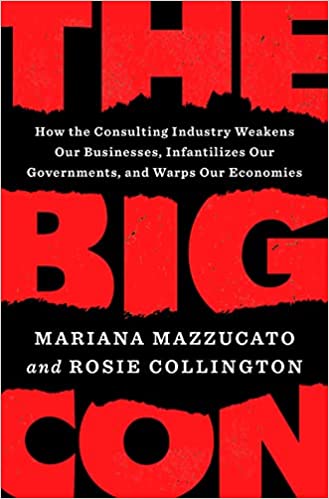What do you think?
Rate this book


352 pages, Hardcover
First published March 7, 2023
'Skilling brought in a lot of McKinsey employees and the cream of the Harvard Business School,' says Julian Birkinshaw, associate professor of strategic and international management at the London Business School. 'The processes and principles he allowed were very McKinsey. The consultants used Enron as their sandbox.'
McKinsey declined to talk about its relationship with Enron other than to confirm it was a client. However it is known that McKinsey used the firm on 20 different projects. In addition, one senior McKinsey partner, Richard Foster, author of yet another Enron bible, Creative Destruction, is reported to have attended six Enron board meetings between October 2000 and October 2001.
[...] But the loose-tight culture McKinsey and Skilling engendered carried the seeds of its own destruction. The pressure to continue the Enron transformation success story created new tensions. Says Birkinshaw: 'It ratcheted up the risk-reward potential. People could get phenomenally rich, but they didn't see the by-product. If you give people a lot of money, they will break the rules. They will bend the margins where nobody is going to look.'
From Wiki: [Once indicted] Enron employees and shareholders received limited returns in lawsuits, despite losing billions in pensions and stock prices.